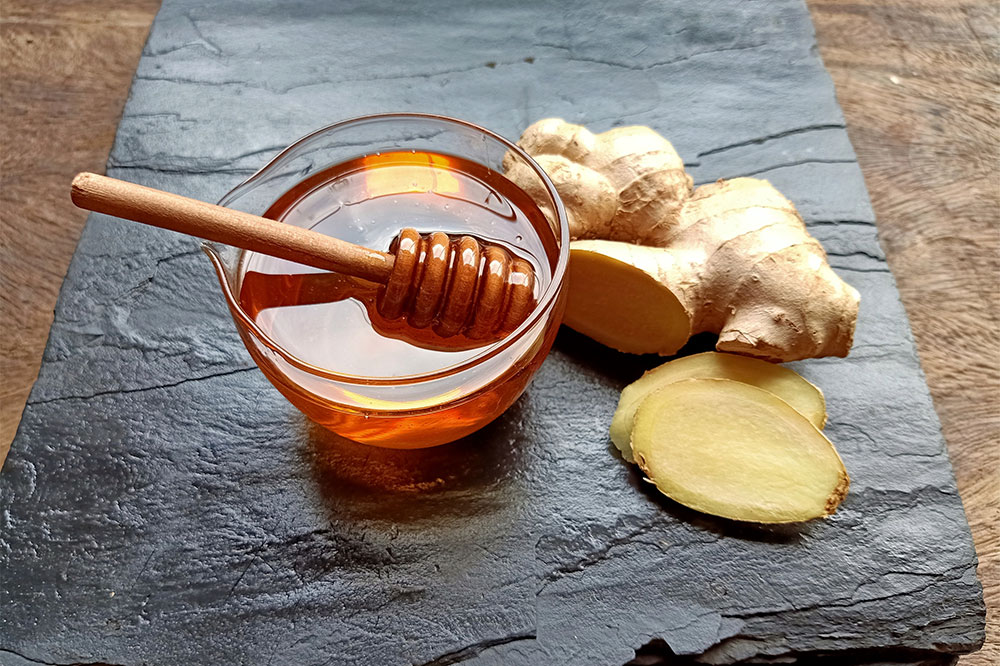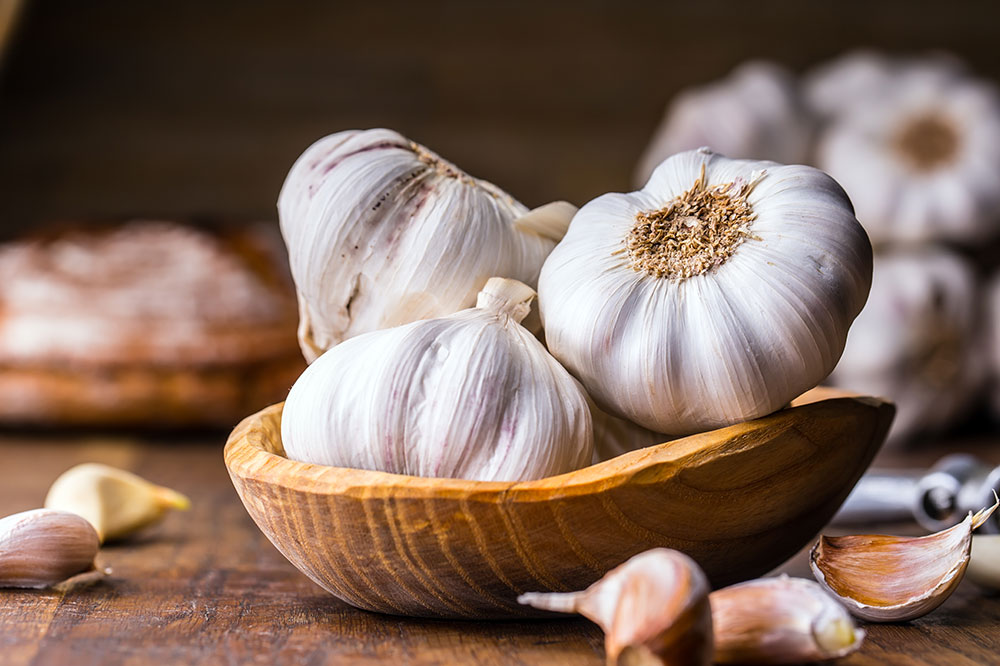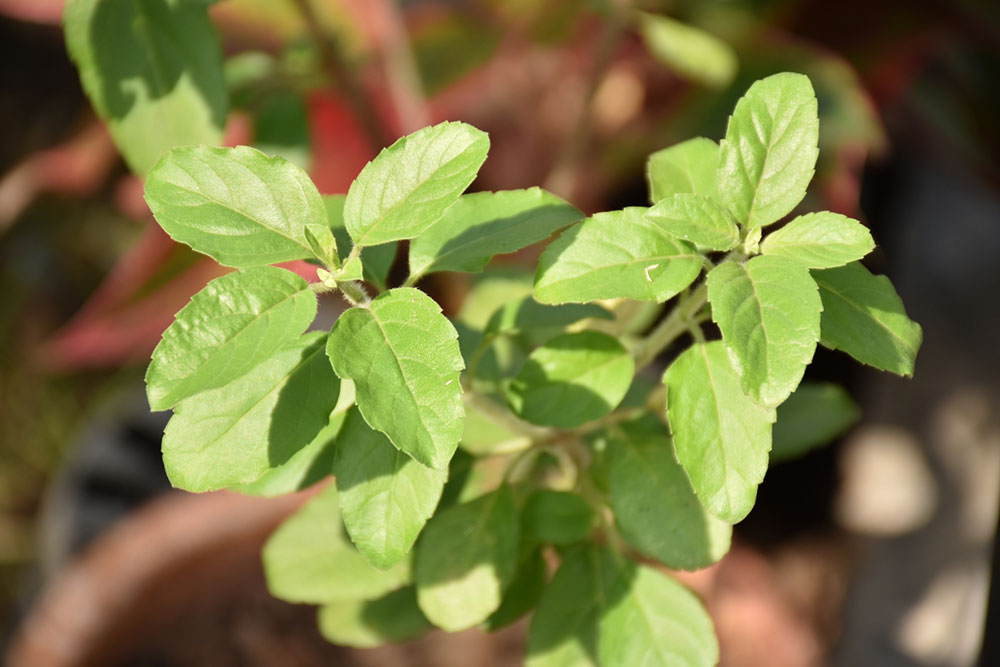Natural Strategies and Home Remedies to Effectively Manage and Alleviate Asthma Symptoms
Discover comprehensive home remedies and natural strategies to effectively manage and alleviate asthma symptoms. This detailed guide offers safe, natural solutions to improve breathing, reduce flare-ups, and support overall respiratory health alongside conventional treatments. Incorporate herbal teas, nutritious foods, and inhalation techniques into your routine for long-term relief and enhanced well-being.

Natural Strategies and Home Remedies to Effectively Manage and Alleviate Asthma Symptoms
Asthma is a chronic respiratory condition that affects millions of people worldwide. It is characterized by inflammation and narrowing of the airways, which can lead to breathing difficulties, wheezing, coughing, and chest tightness. Unlike many other illnesses, asthma currently has no definitive cure. Instead, it requires ongoing management strategies to control symptoms, prevent attacks, and improve quality of life. Understanding the triggers and adopting safe, natural remedies can significantly reduce dependence on medications and help individuals breathe easier every day.
Understanding Asthma: Causes and Triggers
Asthma develops due to a combination of genetic and environmental factors. It is often triggered or worsened by exposures that irritate the airways. Common causes include allergies—such as pollen, dust mites, pet dander, and mold—smoking, exposure to air pollution, stress, obesity, and hereditary predisposition. Many individuals may not immediately recognize the subtle signs and triggers that contribute to their asthma, which underscores the importance of awareness and proactive management.
Recognizing the Symptoms of Asthma
A persistent dry cough, sometimes accompanied by mucus, is a primary symptom. While a cough alone does not necessarily indicate early asthma, it can be a warning sign, especially when linked to exposure to allergens or irritants.
Difficulty breathing, wheezing, shortness of breath, chest tightness, and recurrent respiratory infections are typical signs of asthma flare-ups.
In some cases, symptoms worsen at night or during physical activity, making daily routines challenging.
The severity varies among individuals; some experience mild, infrequent symptoms, while others face persistent and severe attacks.
Persistent airway blockages trigger symptoms like difficulty breathing, wheezing, and shortness of breath, which disrupt airflow to the lungs and impair oxygen intake. A cough associated with asthma can often be mistaken for other illnesses; however, ongoing or recurrent coughing—particularly triggered by allergens—should prompt further investigation.
Given the chronic nature of asthma, many individuals seek natural remedies that can support airway health and provide relief. While these practices are not substitutes for medical treatment, they can complement conventional therapies and improve overall respiratory well-being.
Here are some effective, easy-to-prepare home remedies and natural strategies that can help manage mild to moderate asthma symptoms, promote better breathing, and reduce the frequency of attacks:
1. Parsley Tea
Parsley has anti-inflammatory properties that can soothe irritated throats and reduce congestion. To prepare, steep fresh parsley leaves in hot water for about 10 minutes. Drinking this herbal tea regularly can help open up airways and alleviate breathing difficulties associated with asthma. Its natural diuretic properties can also assist in reducing fluid retention and clearing respiratory passages.
2. Warm Milk with Olive Oil and Garlic
This unconventional remedy involves heating a cup of milk and adding a teaspoon of olive oil, along with crushed garlic cloves. Garlic contains compounds that can help unblock congested airways and fight inflammation. Consuming this mixture in moderation may offer a natural way to ease airway obstruction without side effects, especially during colder months when respiratory issues tend to worsen.
3. Herbal Infusions: Licorice Root and Lime Ginger Tea
Herbal teas made from licorice root or lime juice combined with crushed ginger are renowned for their respiratory benefits. Licorice acts as an anti-inflammatory and expectorant, helping loosen mucus and soothe inflamed airways. Ginger, meanwhile, has natural bronchodilator effects, promoting easier airflow. Regularly drinking these infusions can help mitigate symptoms of moderate asthma and strengthen respiratory defenses.
4. Bitter Gourd Juice and Basil Leaves
Mix crushed basil leaves with freshly extracted bitter gourd juice and honey. This potent combination has been traditionally used in herbal medicine to manage recurrent asthma attacks by reducing airway inflammation and improving lung function. Incorporating this drink into your daily diet may assist in lowering the frequency and severity of symptoms.
5. Nutritious Soups: Radish, Honey, and Lemon
Blending radish juice with honey and lemon produces a natural expectorant that can help clear respiratory passages and promote easier breathing. Radish contains compounds that soothe bronchial inflammation, while honey and lemon provide antioxidants and antimicrobial benefits. Regular consumption of this nourishing soup can support respiratory health and lessen attack intensity.
6. Gooseberry and Honey Drink
Fresh gooseberry (amla) juice mixed with honey is known for its immune-boosting properties. This antioxidant-rich beverage can help reduce coughing, wheezing, and dryness associated with asthma. Its regular use can fortify the respiratory system over time, making it more resilient against triggers.
7. Fruits for Immune Support
Consuming berries, citrus fruits, and other vitamin C-rich foods can strengthen your immune system, reducing susceptibility to respiratory infections that worsen asthma symptoms. Freshly prepared fruit drinks or smoothies are simple ways to incorporate these immunity boosters into your diet.
8. Anti-inflammatory Vegetables
Cooked vegetables like onions, garlic, spinach, and kale contain anti-inflammatory compounds that can reduce airway inflammation. Including these in your routine can lead to better lung health and fewer asthma flare-ups.
9. Honey’s Long-term Benefits
Regular consumption of honey not only soothes sore throats but also offers ongoing anti-inflammatory effects on airway tissues. It acts as a natural remedy to support respiratory health over time.
10. Inhalation of Eucalyptus Oil
Adding a few drops of eucalyptus oil to boiling water and inhaling the steam can effectively open up nasal passages and clear lung airways. This simple technique provides immediate relief from congestion and eases breathing difficulties during asthma episodes.
11. Ginger and Cloves Infusion
Mashing fresh ginger and cloves into warm water with honey creates a powerful natural remedy that offers significant relief for persistent asthma symptoms. The anti-inflammatory and expectorant properties help reduce airway inflammation and facilitate mucus clearance.
While these natural remedies can significantly support asthma management, they should be used alongside your prescribed medications and under the guidance of a healthcare professional. Lifestyle changes, such as avoiding known triggers, maintaining a healthy weight, and practicing breathing exercises, further enhance respiratory health. By adopting a holistic approach combining traditional medicine with natural strategies, individuals with asthma can enjoy better control over their symptoms and a higher quality of life.





